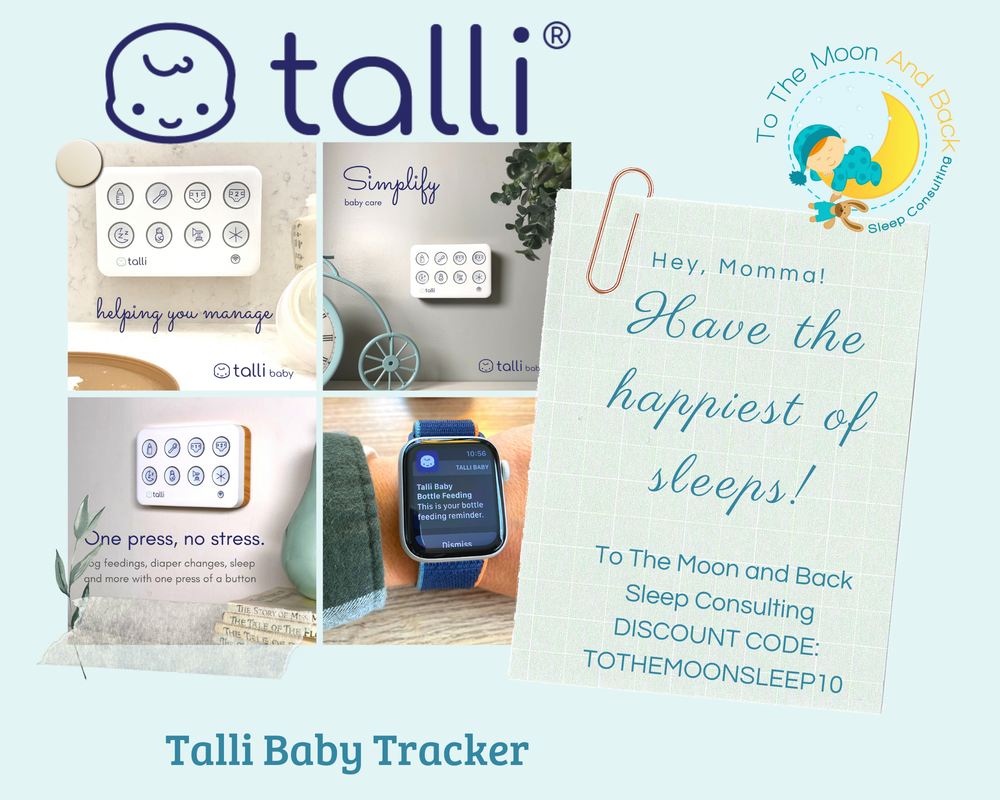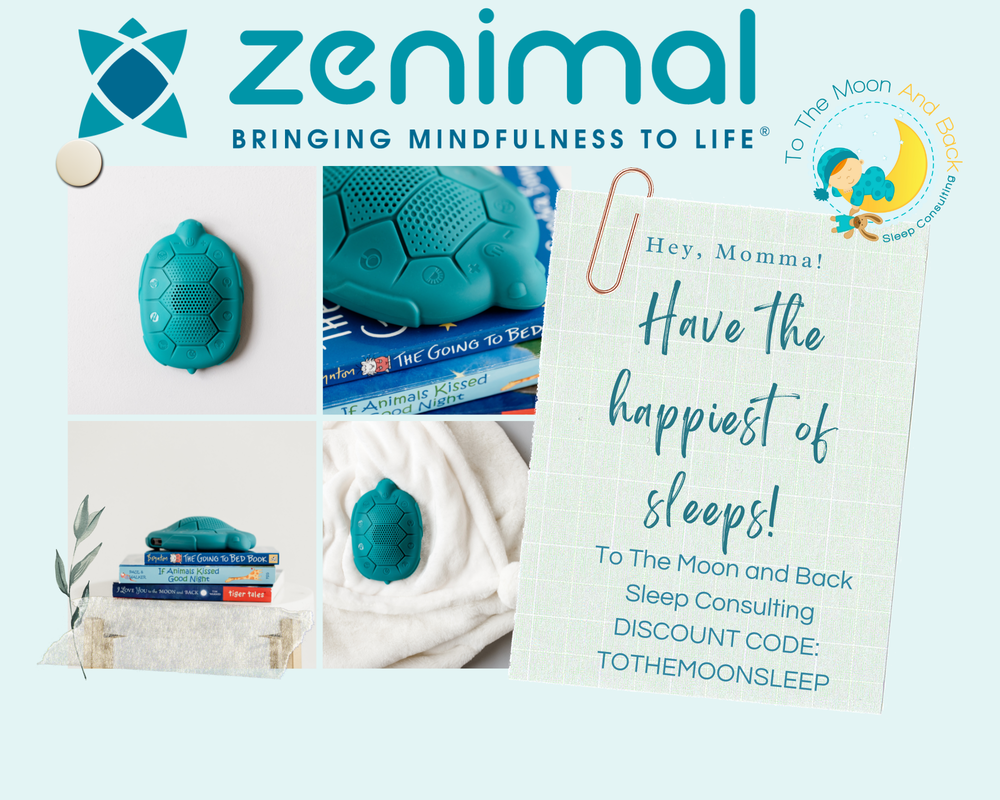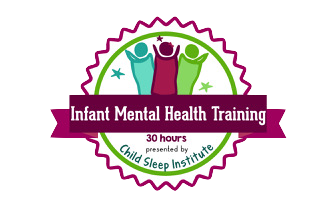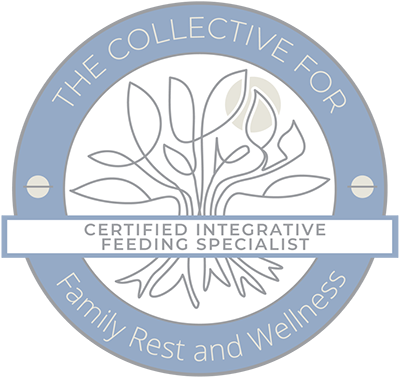|
Let me just throw a little disclaimer out in front of this post by saying that I’m neither a doctor nor a professional research scientist. I’m a sleep specialist with a fascination for all things sleep-related, and I follow the latest research and studies in the field. Typically when I write these posts, I like to rely on peer-reviewed studies that have been evaluated, replicated, and borne out conclusive evidence to support them, but today I’m focusing on something that’s a little on the speculative side, since it’s a relatively new theory, and it’s a super interesting one for anyone with a seemingly “restless” baby. Now, when a parent tells me they have a restless baby, I have a series of questions I tend to ask in order to determine whether it’s due to a “sleep prop.” That’s industry terminology for something that Baby’s grown dependent on in order to get to sleep. Breastfeeding to sleep, rocking to sleep, sucking on a pacifier, stroller rides, are all examples of these “sleep props.” And most of the time I find that, yes, that’s absolutely the problem, and we address it and things get significantly better in a few nights. I first heard mention of an interesting theory during the 2019 World Sleep Conference and was really interested to hear more about it, but didn’t want to write about it until a little more string had been played out in the research department. And even though it’s still too early to state anything unequivocally, I thought the time might be right to at least share what I’ve learned so far, so here goes...  So we’re all familiar with iron, right? Everybody knows about iron, the essential mineral that helps red blood cells carry oxygen around the body. That function right there makes iron a downright essential component of our circulatory system and therefore our overall health. Iron deficiency, commonly known as anemia, also happens to be the single most common nutritional deficiency worldwide. The vast majority of those cases are in developing countries, but the numbers in North America and Europe are still alarmingly high. In the US alone, there are around 2.8 million visits to physicians annually where anemia is the primary diagnosis. So, in short, a LOT of people aren’t getting enough iron. Now, if you follow health news at all, you’ve also probably heard a lot about something called Restless Leg Syndrome (RLS) lately. If you’re not familiar, RLS, also known as Willis-Ekbom Disease, is exactly what it sounds like; a condition that makes your legs feel restless. People with RLS describe the sensation as an irresistible urge to move accompanied by uncomfortable sensations in their lower limbs. Standing up and moving their legs typically remedies the feeling almost instantly, but only temporarily. Symptoms occur more frequently when individuals are sleeping or lying down. RLS is also a bit of a mystery when it comes to its cause. According to the National Institute of Health, “In most cases, the cause of RLS is unknown. However, RLS has a genetic component and can be found in families where the onset of symptoms is before age 40. Specific gene variants have been associated with RLS. Evidence indicates that low levels of iron in the brain also may be responsible for RLS.” So now comes the big question… could those restless babies that I was talking about earlier possibly be suffering from some variety of Restless Leg Syndrome due to an iron deficiency? In a 2008 joint study from the Southern Illinois University and Carle Clinic Association, 1.9% and 2% of children and adolescents respectively were shown to have Restless Leg Syndrome. A 2020 study from the BC Children's Hospital Research Institute entitled Iron deficiency and sleep - A scoping review, found that iron supplementation was tremendously effective in treating a number of sleep disorders, including RLS. Sample sizes were small and the data collection process leaves a little to be desired, but it’s still a good indication that iron plays a big role in the quality of sleep. Unfortunately, diagnosing RLS isn’t an exact science. There are no markers or proteins to test for. It’s done by a doctor’s evaluation of the patient’s description of their symptoms, and for that reason, the only people who have been diagnosed are individuals who are capable of explaining what they’re experiencing. And guess who that leaves out… You guessed it; Babies, toddlers, and as theorized in a 2005 study, a significant number of children.
So back we go to the 2019 World Sleep Conference where one of the speakers put forth the theory that either RLS, or a variant of it, might be responsible for some babies being overly restless. Restless Sleep Disorder, as researchers have described it, hasn’t been thoroughly researched yet, but evidence suggests that it could be an early variant of restless leg syndrome which in some cases could be caused by insufficient iron levels. Or, as they more eloquently put it in their conclusion, “We have characterized clinically and polysomnographically children with RSD and attempted a new diagnostic category. We also have identified an association between RDS and iron deficiency. Future larger studies are needed to confirm these findings and evaluate the natural progression of restless sleepers.” So again, I’m not trying to offer medical advice here. I just thought this whole line of research and discovery was fascinating and wanted to share it with all of you. If your little one is one of those overly animated sleepers, it might be worth asking your pediatrician to check their iron levels. Even if it’s not the cause of their sleepless nights, anemia is something you’ll want to remedy. And remember, if your baby fits into the other category, the much more prominent category who have trouble falling asleep because of their dependency on a “prop,” I’m here to help you solve that problem. It may not be as simple as taking an iron supplement, but I can say unreservedly that it’s worth the effort to get your baby sleeping through the night. AuthorErin Neri - Pediatric Sleep Consultant and Owner of To The Moon and Back Sleep Consulting since 2016. As a pediatric sleep consultant, there are a few questions I’ve grown accustomed to hearing. People are understandably curious about whether or not their child is going to cry, and if so, for how long. They want to know how long it’s going to take before baby starts sleeping through the night, and when they’ll be able to do the same.
And even though they never come right out and say it in so many words, they want to know if there’s some kind of magical solution that will solve the problem instantaneously without any effort, crying, or protest. With the holidays quickly approaching, parents who have recently gotten their babies, of any age, sleeping on a schedule are often worried that their little ones' sleep will regress over the Holidays.
I can assure you that those fears could not be more real. Many families struggle with severe sleep deprivation for a very long time due to the "blessing" of having a child (or two like I was) that lacks healthy independent sleep strategies. So, finally getting your whole family into a routine that works. Finally moving from being severely sleep deprived into a family that is becoming well rested. Trust me everyone inside that little family unit wants to protect their new found sleep including the little one who is finally able to sleep. When little ones finally FEEL what it feels like to have the sleep that is needed for healthy growth and development they don't want their schedule messed with either. Between the travel, excitement, and constant attention of family and friends, holidays are the easiest way to throw all of your hard work out with the wrapping paper. But fortunately, it doesn't have to be that way! With some strategic planning and an iron will, you can keep that carefully orchestrated routine running right on schedule. There are two major impediments to maintaining your kiddos routine over the holidays. One is travel, and the other is family and friends, so I want to tackle both of those topics individually. First, we will cover the travel portion... A whole year, really? How did your wee newborn, curled up on your chest, turn into a babbling, active toddler? Somehow, those long days became a short year. Happy birthday, baby! As you move into toddlerhood from 12 to 18 months, get ready for some roller coasters when it comes to food and sleep, including new schedules and routines. The non-stop eating tends to slow down, and toddlers typically only gain a few pounds between the ages of one and two. Continue to offer a variety of healthy foods for meals and snacks, but don’t get too concerned if they’re not that hungry.
In adults, we’re most likely to dream during rapid eye movement (REM) sleep, although dreams can happen during other sleep stages, too. This REM sleep may even start before birth: Brain waves that closely resemble those found in REM sleep have been measured inside the womb between 25 and 28 weeks. Since babies spend about half of their sleeping time in REM sleep, some researchers think it only makes sense that they are having some form of dreams. On the other hand, some scientists say that babies are not developmentally capable of the kind of abstract thinking (including the ability to imagine things visually and self-awareness) you need to have dreams.
If babies do dream, their dreams probably won’t have the rich visuals and interactions with other characters that adults have when they dream, says Zadra. “Their dreams are probably very similar to what they experience when they’re awake because they have a preverbal form of consciousness,” he says. “It may be a collection of sensations, whether it’s warmth, suckling on a breast or images of a close-up face.” Just as an adult processes the previous day when they sleep, so does an infant’s brain—it’s just not as advanced yet. Now that you’ve made it through the “fourth trimester” and all the ups and downs that come with it—welcome to months four and five! When your baby is around five months old, you will probably see more of a schedule with dedicated nap times—usually two naps a day. Many parents also find that on-the-go napping comes to an end around five months, as your kiddo needs their own quiet, dark space to settle down to snooze. Sleeping for 12 hours a night is becoming a possibility, even if you’re not there yet. “A four-month-old or five-month-old often needs a feeding at night, but around six months, if they’re growing on their curve and everything is fine health wise, then there absolutely is that ability to sleep 12 hours,” says Erin Neri, a certified pediatric sleep consultant in Sherwood Park, Alta.
For overtired parents who can’t seem to get their kids on a healthy
sleep schedule, the promise of a magic pill can be pretty enticing. However, it seems that more and more doctors and parents are turning to melatonin as a Band-Aid for sleep issues for their children. I get emails all the time from people telling me they are giving their babies melatonin to help them fall asleep at night, and I have serious concerns about this. An article titled Too many children being prescribed melatonin to aid sleep, experts warn ... via www.theguardian.com - shares my concerns plus the concerns of even more medical experts. "After a surge in the number of children under 14 being admitted to hospital with sleep disorders over the last decade, specialists are concerned that it [melatonin] is being given to children “off label” – with little knowledge of the long-term safety or side-effects." Dr. Neil Stanley, an independent sleep expert and former director of sleep research at the University of Surrey. "Unless a child has a diagnosed condition such as autism that has been scientifically proven to be helped by melatonin, there is no medical rationale for a child to be given it,” he said. “Most paediatricians know little about sleep or melatonin. For non-autistic children, it is a fashionable treatment for parents wanting ‘perfect' children.” "Dr Liz Bragg of the Royal College of Paediatrics and Child Health, said: “I don’t want to criticise fellow practitioners by saying it is being overprescribed, but I wouldn’t like to prescribe it unless work has been done to make sure the right sleep advice has been given and ... the right bedtime routine to wind down to sleep is put in place."-Sarah Marsh; TheGuardian.com. Well, I don't agree that "parents (are) wanting perfect children"; I do think many parents and pediatricians are looking for solutions when things get desperate with their little ones lack of sleep. Being sleep deprived as a child or as a parent is not an easy thing to cope with. When you have a baby that doesn't sleep for more than a couple of hours at a time (if you're lucky), or a toddler/preschooler that takes hours to get to sleep, only to have them wake up in a few hours and you have to start all over again; it's exhausting, to say the least. Not only are parents dealing with the mental and physical consequences of sleep deprivation; but the situation can cause a lot of anger and frustration, even resentment towards your child. However, here's the deal: Melatonin is a hormone that is naturally secreted by your brain and is present in every person’s body. Taking synthetic Melatonin is NOT a long-term solution to poor sleep habits. Healthy sleep habits need to be taught at a young age to set kids up for a lifetime of healthy sleep habits. As Dana Obleman says SleepSense Magazine; ".. giving {Melatonin} to kids who aren't sleeping well is the equivalent to giving Tylenol to someone who has a broken leg. You may alleviate the symptoms, but you're NOT fixing the problem." “Bad sleeping habits.. won't just go away with time." While some studies have shown that melatonin can be helpful with children with autism or children with ADHD, most babies and children do not need melatonin; they need to be given the opportunities to develop their sleep strategies and develop good sleep hygiene. Here's why: This is a question I often asked my first son when he was an infant. I asked it in a sweet voice, I asked it in a pleading voice, I asked it in an angry voice, but no matter how many times I asked, he never gave me the answer.
I can remember the night, and some of you will know exactly what I’m talking about, when I felt like I could not take it anymore. My son just would not stay asleep and I had hit rock bottom, exhausted from waking up multiple times every night and having to soothe him back to sleep. My husband found me at 3:00 in the morning sobbing away in our living room. I get asked often, “Is a swaddle a prop? Is it useful? Where do you stand on a swaddle?”
Swaddling a newborn can be an excellent tool. The swaddle mimics the feeling of confinement that they experienced in the womb. It can be very comforting to a lot of newborns. I used a swaddle on both of my children. Basically, they taught me how in the hospital. Now, there’s a little bit more concern around, “Is the baby getting overheated from a swaddle?” |
To The Moon and Back Sleep ConsultingProviding families the tools & support they need to get their little ones sleeping through the night and napping like champs! Everyone has more fun when they are well rested! Visit Wollino - Discount Code: TOTHEMOONANDBACK10
Browse
All
|
All information provided on this website, including texts, images, and other materials, are for informational purposes only and should not be considered a replacement for assessment or treatment by a healthcare provider.
© COPYRIGHT 2016-2024 TO THE MOON AND BACK SLEEP CONSULTING. ALL RIGHTS RESERVED. WAKING GIRL WEB DESIGN
© COPYRIGHT 2016-2024 TO THE MOON AND BACK SLEEP CONSULTING. ALL RIGHTS RESERVED. WAKING GIRL WEB DESIGN







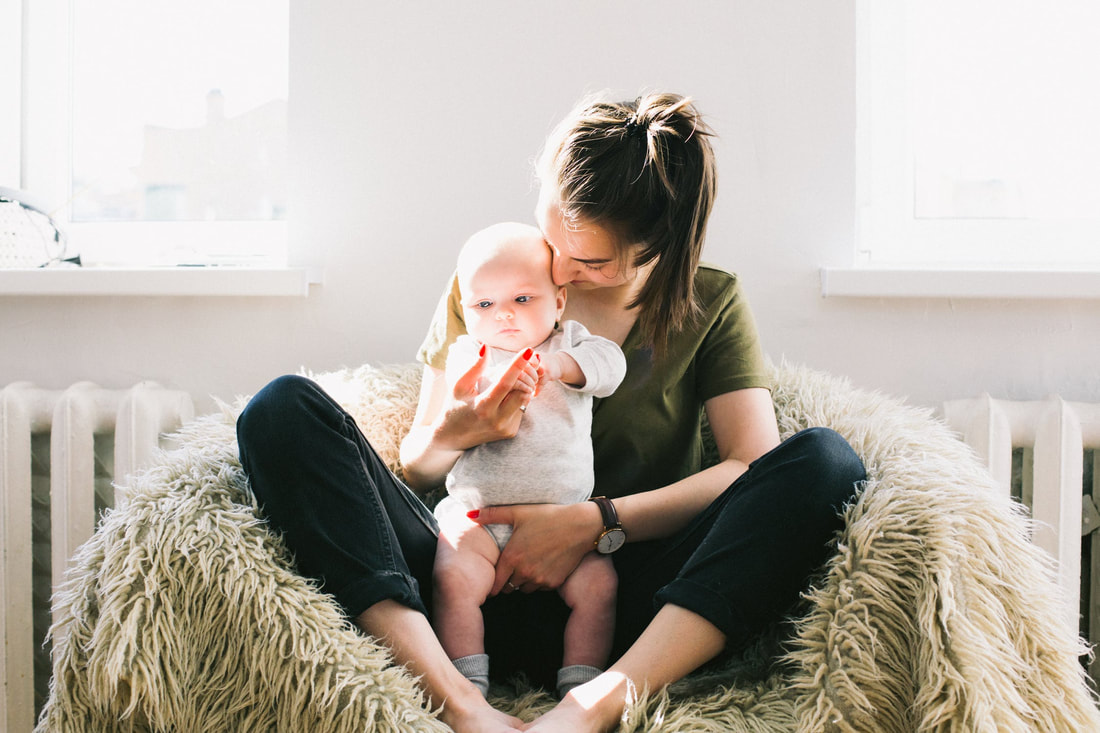



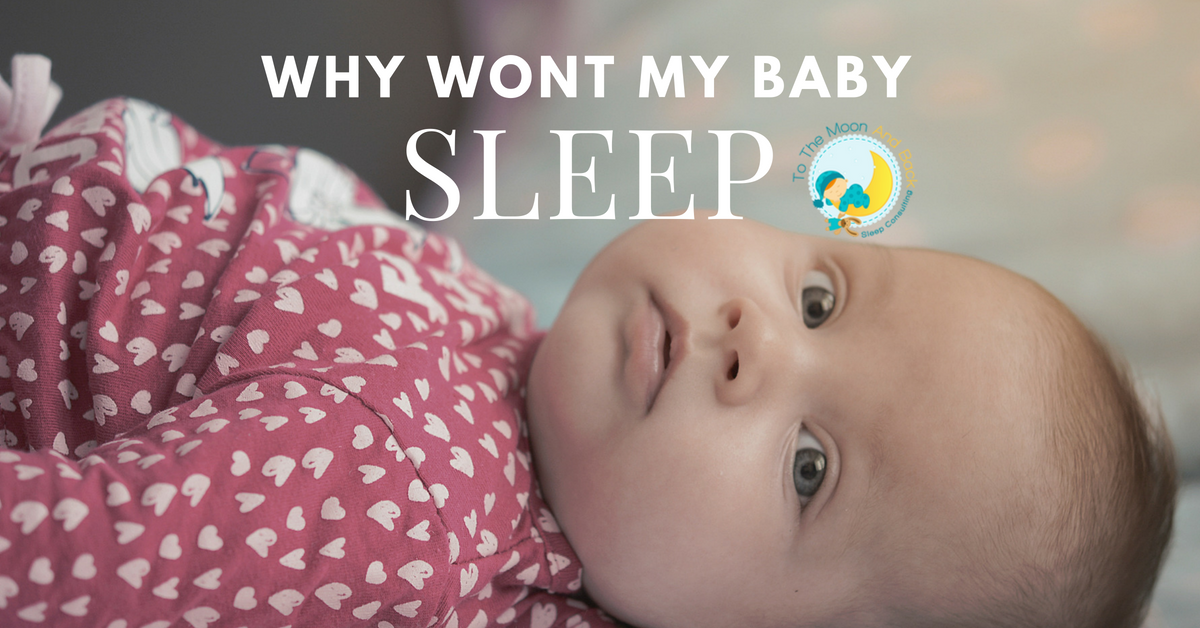
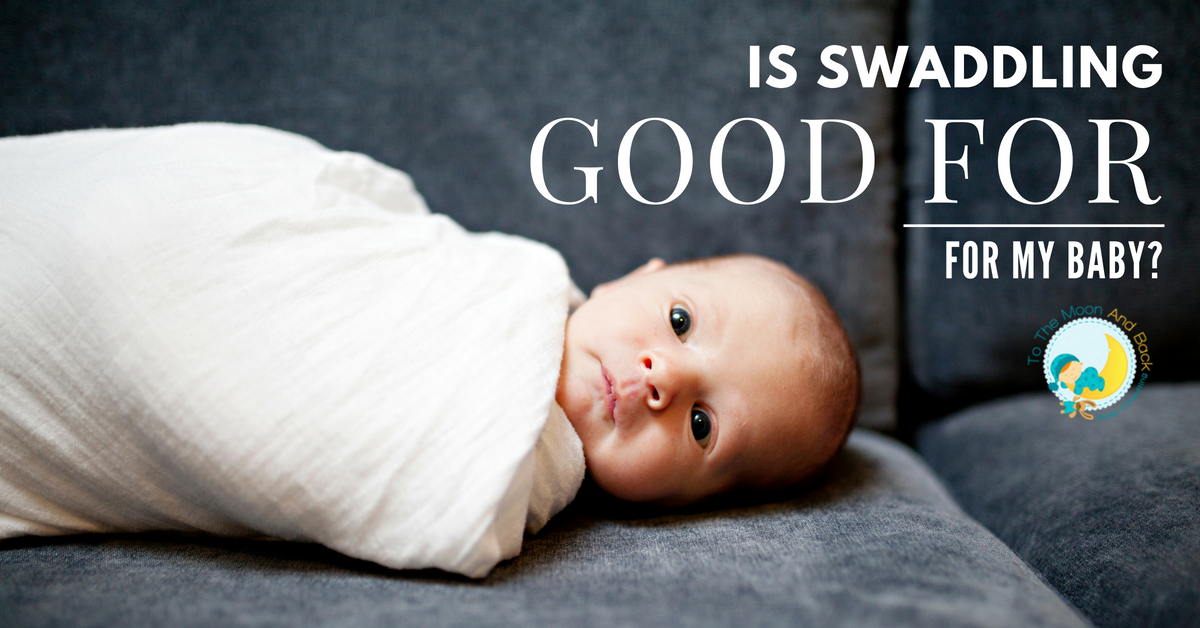
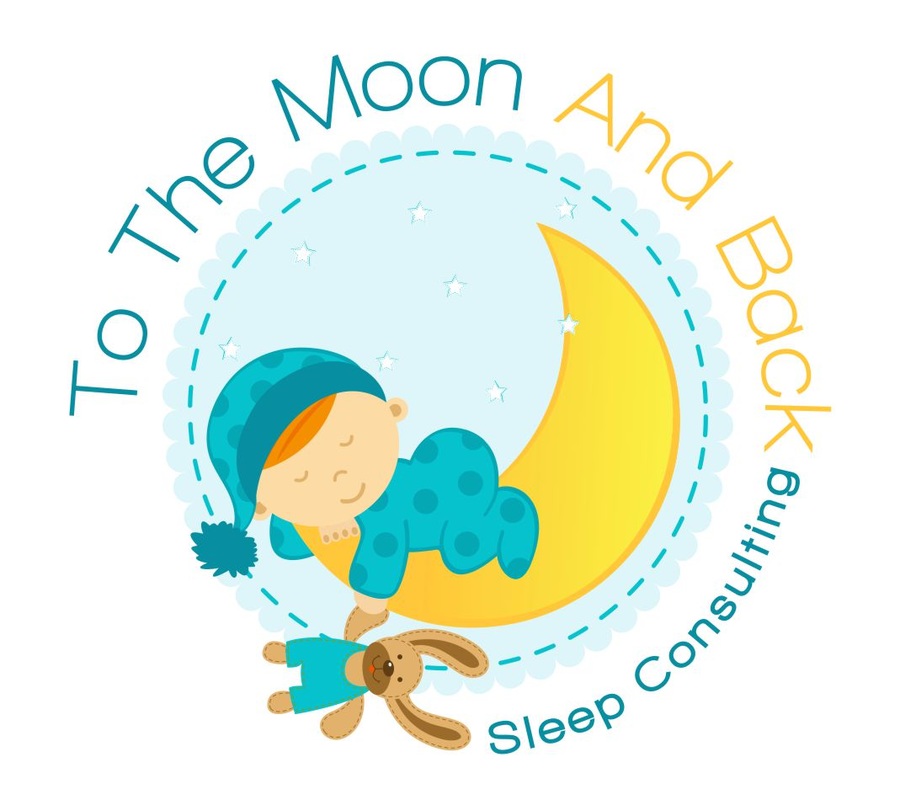

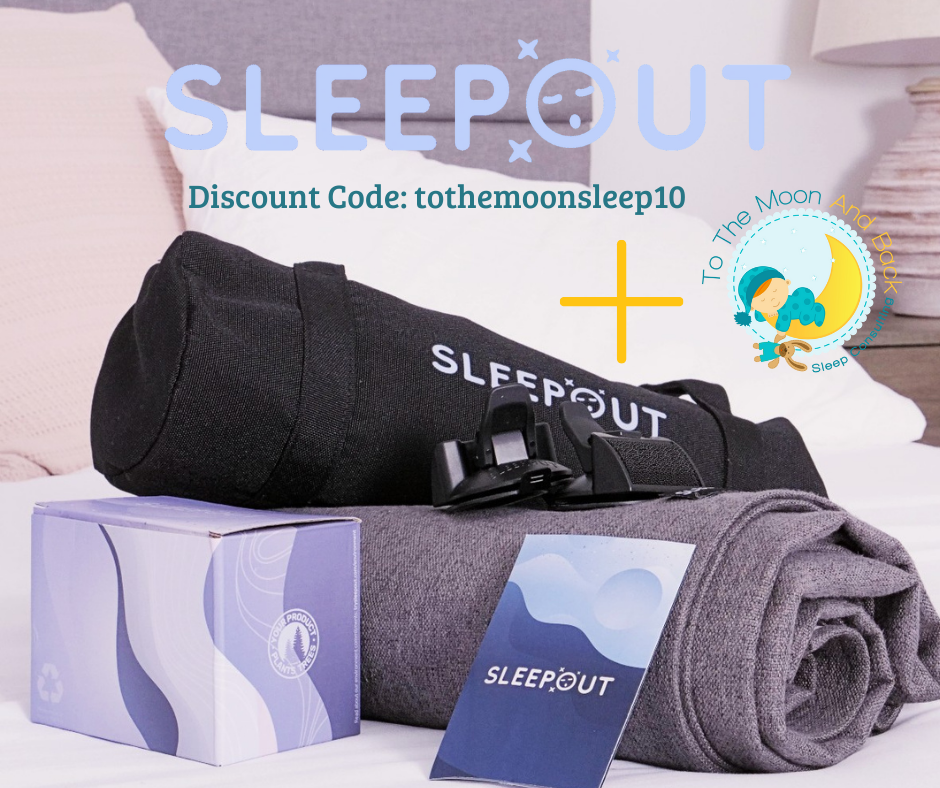


 RSS Feed
RSS Feed

